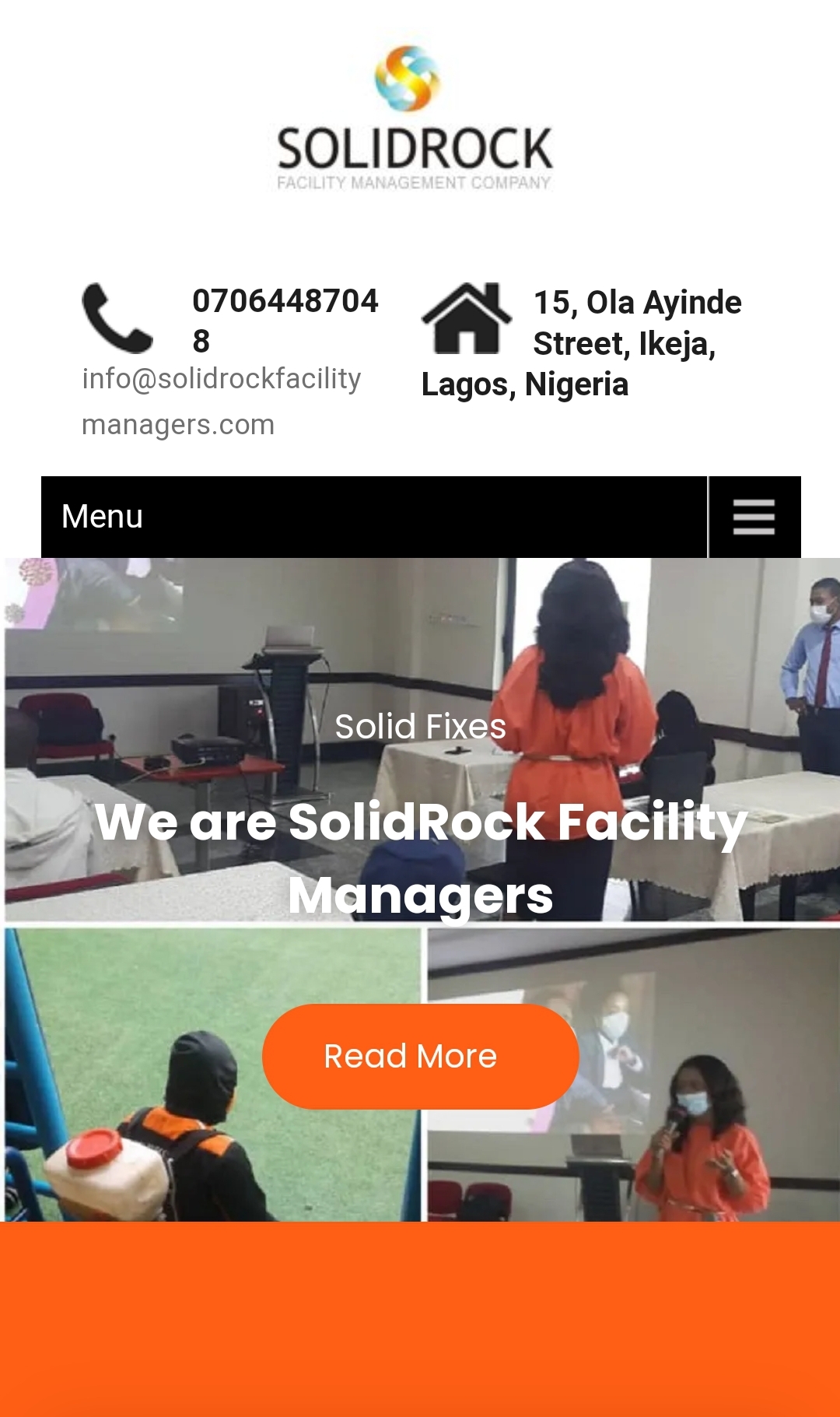Defining Trends Of The Next 5 Years In Facilities Management
Rapid advancements in the facility management industry are transforming how facilities are operated and maintained—and will continue to do so.
The facilities management industry is evolving at a breakneck pace with technological, social, environmental, and economic trends fundamentally reshaping the sector in recent years.
Rapid tech advancements, such as the Internet of Things (IoT) and Artificial Intelligence (AI), in building management systems are transforming how facilities are operated and maintained. Increasing sustainability demands are pushing managers to adopt greener practices and materials to reduce environmental impact. Economic uncertainty has led to shortages of labor needed to most effectively run sites. A solid argument could be made that there has been more change in the facilities management industry over the last five years than in the several decades prior.
Here are four trends that will define the next five years in facilities management.
Sustainability And Circular Economy Practices Stick
Across industries, leadership has reported a renewed focus on environmental efforts and climate issues. A recent study by Ernst & Young found more than 50% of CEOs said sustainability is a higher priority now than a year ago. This shift is not merely about compliance and/or moral responsibility but about the potential to create value and resilience.
Sustainable practices, including the use of recycled and renewable materials, may significantly reduce the environmental impact of facilities, and facilities that adopt these practices are not only more sustainable but also better positioned to meet regulatory requirements and consumer expectations.
AI’s Digital Transformation & Smart Facilities Management
AI is changing the face of nearly every industry and facilities management is no exception. In the industry, AI is enhancing technologies like IoT, Building Information Modeling (BIM), and advanced data analytics, and its use-cases will only grow.
As it relates to BIM, specifically, AI will continue to allow for better predictive maintenance and optimized building designs. AI algorithms analyze vast data within BIM to prevent costly breakdowns and extend equipment lifespan, with research showing a 20-30% reduction in maintenance costs and a 15-20% increase in the lifespan of building systems. In IoT, AI enables sophisticated data analysis and automation. AI-powered IoT systems optimize energy use by adjusting lighting, heating, and cooling in real-time, resulting in up to a 30% reduction in energy consumption. AI also excels in predictive maintenance. By analyzing sensor data, AI has shown it can predict equipment failures and schedules proactive maintenance, resulting in a 50% reduction in unplanned outages, and a 20% reduction in maintenance costs.
Advanced Materials, Construction Techniques & Next-Gen Equipment
Innovations in construction materials and techniques that would seem to be out of science fiction are poised to transform facilities management over the next five years.
The development of cutting-edge innovation has seen great leaps forward recently. Notably, engineers at Drexel University have created “BioFiber,” a new material that helps “heal” cracks in concrete. When embedded in concrete, BioFiber enhances durability and self-repairs cracks by releasing bacteria to the damaged site, filling the crack and preventing it from growing. This innovation could significantly improve the lifespan of concrete structures, reducing the need for frequent repairs and lowering maintenance costs.
Addressing Facilities Management Talent Shortages With Technology & Contractors





